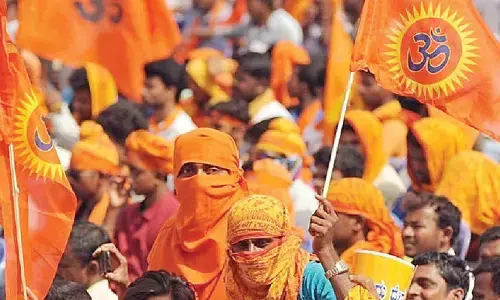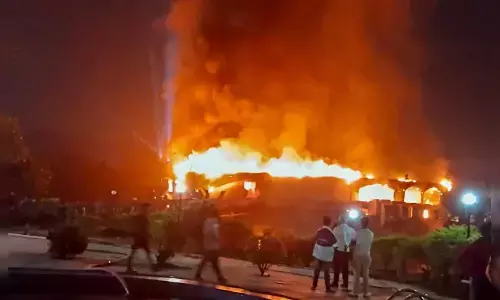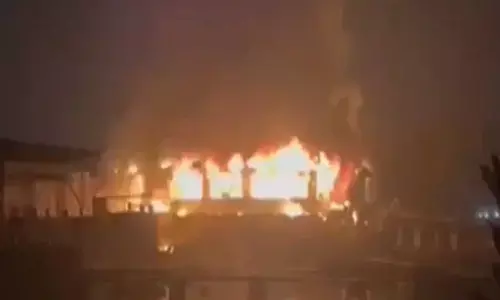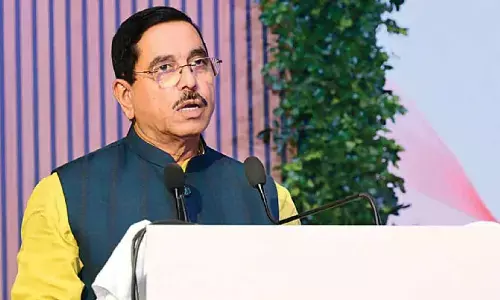PM Modi Took Initiative To Strengthen India's Cybersecurity And Tackle Enemy Threats To Critical Infrastructure
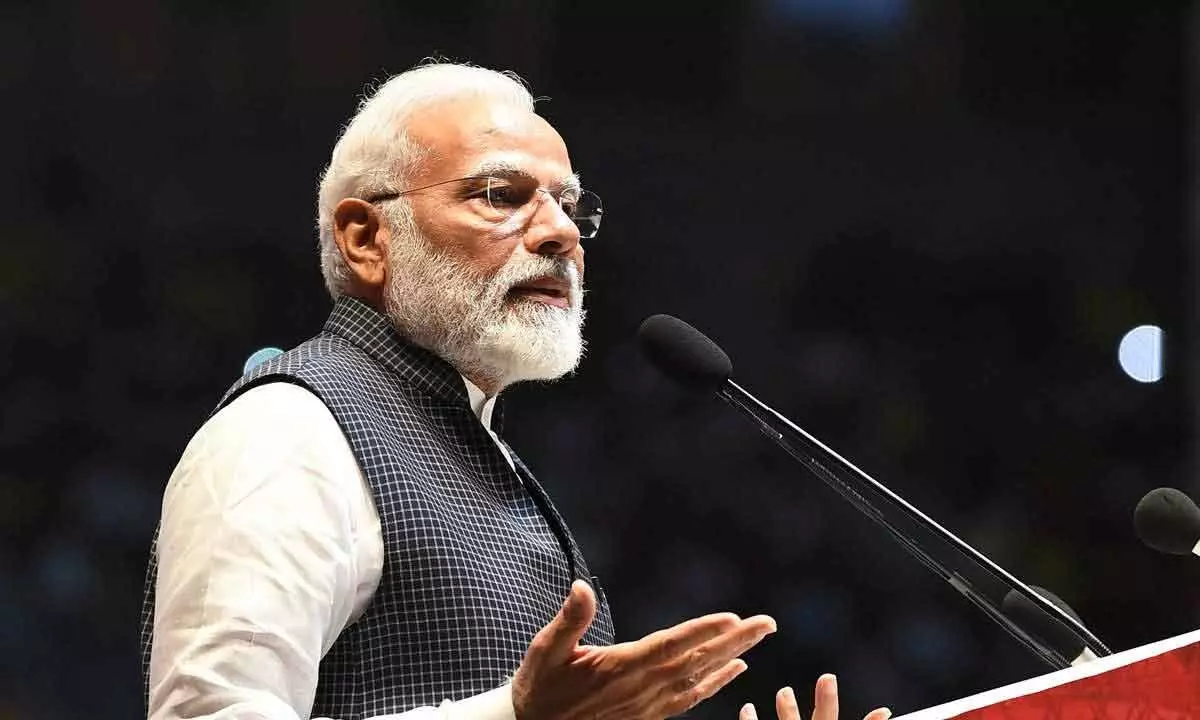
- In response to escalating cyber attacks and breaches targeting India's civilian and military infrastructure from neighboring arch-rivals, Prime Minister Narendra Modi is expected to organize a high-level meeting to evaluate cybersecurity measures and data protection.
- The objective is to enhance the resilience of critical infrastructure against hybrid warfare tactics.
Recognizing the growing threat of cyber attacks, stringent measures have been implemented in government offices, including the Prime Minister's Office (PMO), to prevent data theft through malware or cyber bugs. While specific details regarding cybersecurity initiatives are not publicly disclosed by the National Informatics Centre, the PMO has taken significant precautions to ensure the integrity of video conferences led by Prime Minister Narendra Modi, safeguarding them against unauthorized access or participation.
Understanding the gravity of the situation, the Modi government is collaborating with friendly nations like the United States and France to establish robust firewalls and counterattack capabilities. The seriousness of the threat was exemplified when Singapore reportedly alerted India about Chinese cyber attacks on Indian military installations during Pakistan's response to the Indian Air Force's strike on terrorist camps in Balakot on February 26, 2019.
While the Indian military and security agencies have established air-tight measures within their respective domains, the primary concern for the Modi government lies in safeguarding government emails, as well as critical infrastructure related to health, transportation, finance, power, railways, and education, from cyber intrusions by enemy nations. The recent Chinese attack on the servers of AIIMS Delhi serves as an example of the numerous debilitating attacks originating from India's northern neighbor.
Following a warning from the United States regarding dormant Chinese malware that can be activated as needed in critical infrastructure in Japan and Australia, India has collaborated with the US to not only exchange information regarding cyber threats and vulnerabilities but also to cooperate in investigating and responding to cyber incidents.
The joint statement issued by India and the US following Prime Minister Modi's recent visit to the US emphasized their commitment to an open, secure, inclusive, safe, interoperable, and reliable internet. It also highlighted their collaboration in various cybersecurity issues, including prevention and response to cyber threats, promotion of cybersecurity education and awareness, and initiatives to build resilient cyber infrastructure.
Regarding the military aspect, there are intentions to increase the size of India's cyber command, which currently has fewer officers compared to the cyber commands of the United States or China. The cyber command will establish three centers, two in the northern region and one in the southern region. These centers will not only focus on defending India against cyber threats but also on actively countering these challenges.
Given that the Quad consists of democratic nations committed to openness and functionality, the four countries are collaborating in the realm of cybersecurity. They are sharing technologies and exchanging information to effectively address the threat posed by China and its allied states, ensuring there are no limitations to their collective efforts.













